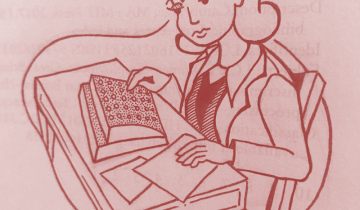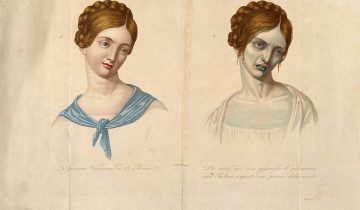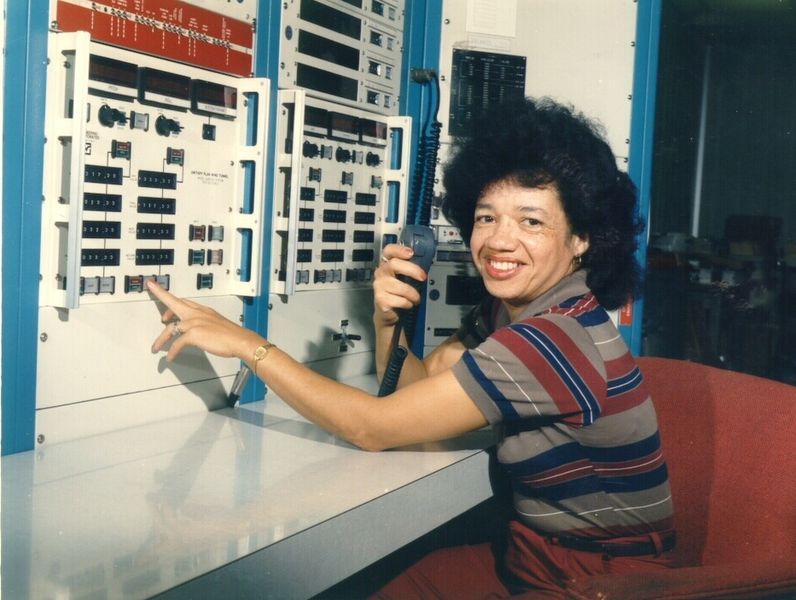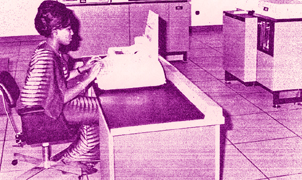The final project for my Digital Labor class asked each student to analyze what “digital labor” means, specifically in the context of their individual fields of study. As part of this project, students interviewed practitioners in their major fields of interest, and asked them what digital labor might mean for the future of work in those fields. Scroll down to the comments for links to the interviews.
You can get more ideas about how digital labor is affecting our current economy by looking at the proceedings of this conference: digitallabor.org




For my interview, I interviewed Professor Ray Trygstad. He was one of IIT’s top experts about the Internet when first became commercially available, so he has some unique insights as to how things have changed for the Information Technology industry over its years of infancy.
Professor Trygstad currently teaches for IIT’s Information Technology Management program, and is the Director of Information Technology for the School of Applied Technology.
You can view the interview here:
https://youtu.be/250snGUAHvs
https://www.youtube.com/watch?v=Ty6TqXxxX0k
In this interview, Irshad and myself speak with Professor Karl Stolley in regards to digital labor and its role in not only in his professional field, but also in society itself. Professor Stolley brings insight into how he feels technology is at the root of digital labor and the evolution of life as we know it. Hope everyone enjoys!
Steve Burnette | Irshad Hussain
Humanities 380 Interview.
https://youtu.be/nL_DJc3MCZI
For my interview I talked with my adviser Alan Glodowski. His professional background involves many aviation and physics fields including being a test pilot, physics professor, as well as working for the Pentagon and NATO in Germany.
Mr. Glodowski is very involved with his fields and talked about how digitization has become very integrated into many aspects. His profession as a Navigator is now completely replaced by GPS and computer systems on planes, as well as many parts of piloting in general. With the invention of UAVs the need for an actual pilot no longer seems practical.
Currently his job as a professor is more digitized, he teaches a “reverse class” which allows students to watch videos and examples before the actual lesson and the material is then discussed. His scheduling, teaching, and daily life seems full of digital labor and many aspects of his day to day life are products of some type of digitization. As many do, he has a fear of people losing touch with others as face to face contact becomes more digitized as well. As for himself he feels that only basic tasks and decisions will remain untouched by the digital era.
I learned quite a lot from this interview and it was extremely interesting. I agree with many things that Mr. Glodowski said and I learned just how much technology is affecting my preferred field of aviation and space technology.
Here is my interview regarding digital labor and its effects on the legal process with Clinical Professor of Law, Richard S. Kling who teaches classes in Evidence, Forensic Sciences and Professional Responsibility at Illinois Institute of Technology’s Kent College of Law.
https://www.youtube.com/watch?v=fPG-vezFQvc
For the Interview portion, I decided to interview Professor Marie Hicks who as we all know is not only teaching the Digital Labor course but has studied the history of computing and the effects that it has had on our society.
https://www.youtube.com/watch?v=FZeRrE_sixs&feature=youtu.be
This is a snippet of an interview with Dr. Jennifer Miller on the implications of digital labor as it relates to the field of psychology. Topics discussed include social learning, animal behavior, and telecommunication in the workplace.
https://youtu.be/vGhaKulGCRU